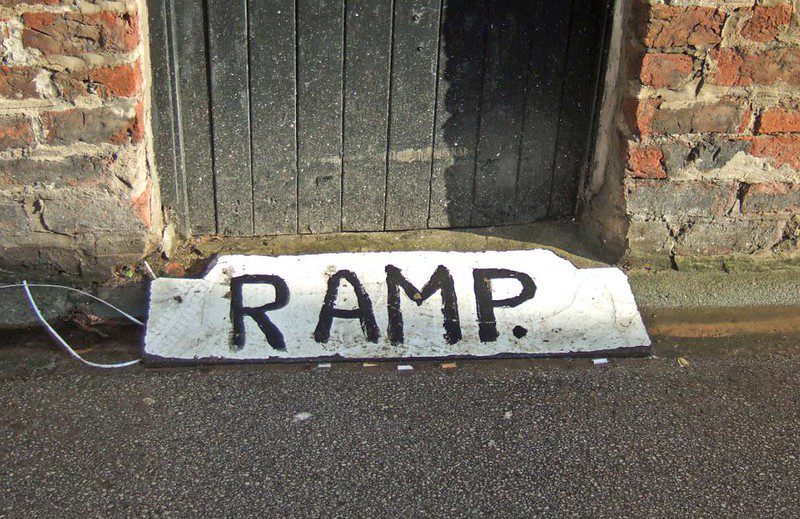April is fair housing month and, this year, it’s also the 45th anniversary of the passage of the Fair Housing Act. Adopted in the wake of the assassination of Dr. Martin Luther King, Jr., the Fair Housing Act transformed the legal rights that all Americans have to rent and own homes in communities across the country. It marks a giant step toward equal opportunity for all.
Yet, despite the significant progress that we’ve made on fair housing, new research and recent events have made clear that we still have a ways to go. The new Fair Housing Trends Report from the National Fair Housing Alliance finds a significant rise in housing discrimination complaints last year, with a marked spike (up 35 percent from the previous year) in complaints of harassment because of race, national origin, disability, gender, and families with children in the home.
The U.S. Department of Housing and Urban Development estimates that the 28,519 complaints filed in 2012 represent less than 1 percent of the discrimination actually committed in our country.
Other recent developments reveal major gaps in enforcement of the Fair Housing Act and related laws. While the Civil Rights Division of the U.S. Justice Department has been aggressive (and highly successful) in suing financial institutions for lending discrimination based on race and ethnicity, the Treasury Department has glaringly failed to issue Fair Housing Act regulations. And while the Department of Housing and Urban Development recently issued important regulations on certain types of discrimination, it has failed to release long-promised guidance on its obligation under the act to affirmatively further fair housing across its programs and activities.
Most recently, an Inspector General investigation found that the Federal Housing Finance Agency—the entity that oversees Fannie Mae and Freddie Mac—has failed to ensure civil rights compliance throughout Fannie and Freddie’s activities.
These gaps in enforcement are particularly troubling because, as a new publication by The Opportunity Agenda shows, biased and predatory lending were important contributors to the foreclosure crisis and economic recession. Inadequate equal opportunity rules and enforcement further jeopardize our economic recovery.
Another major problem involves prevalent types of housing discrimination that are not yet prohibited by existing laws. The Fair Housing Act does not currently outlaw discrimination based on sexual orientation or “source of income,” meaning bias against people who can afford to rent an apartment, but whose income derives in part from some form of government assistance. Housing discrimination because of sexual orientation is still legal in 38 states, while discrimination based on source of income is still legal in 37.
So what does all this mean as we mark the Fair Housing Act’s 45th year? It’s important to celebrate the progress, which includes greater housing choices and more diverse communities that strengthen our country. At the same time, however, this is a critical moment to modernize civil rights protections in a more diverse, and more enlightened, 21st century America.
Three specific actions that the federal government should take this year are promulgating new anti-discrimination regulations for Treasury and HUD; replacing FHFA’s acting head, Ed DeMarco, with a leader committed to consumer and civil rights protections; and modernizing the Fair Housing Act to prohibit discrimination based on sexual orientation and source of income. A broader Compact for Home Opportunity endorsed by The Opportunity Agenda and other housing and consumer protection experts includes additional recommendations for change at the federal, state, and local levels.
Ensuring equal opportunity for all requires vigilance and adaptation as well as sustained commitment to our national principles. The 45th anniversary of the Fair Housing Act should be a moment for national celebration, but also for national action.






Comments